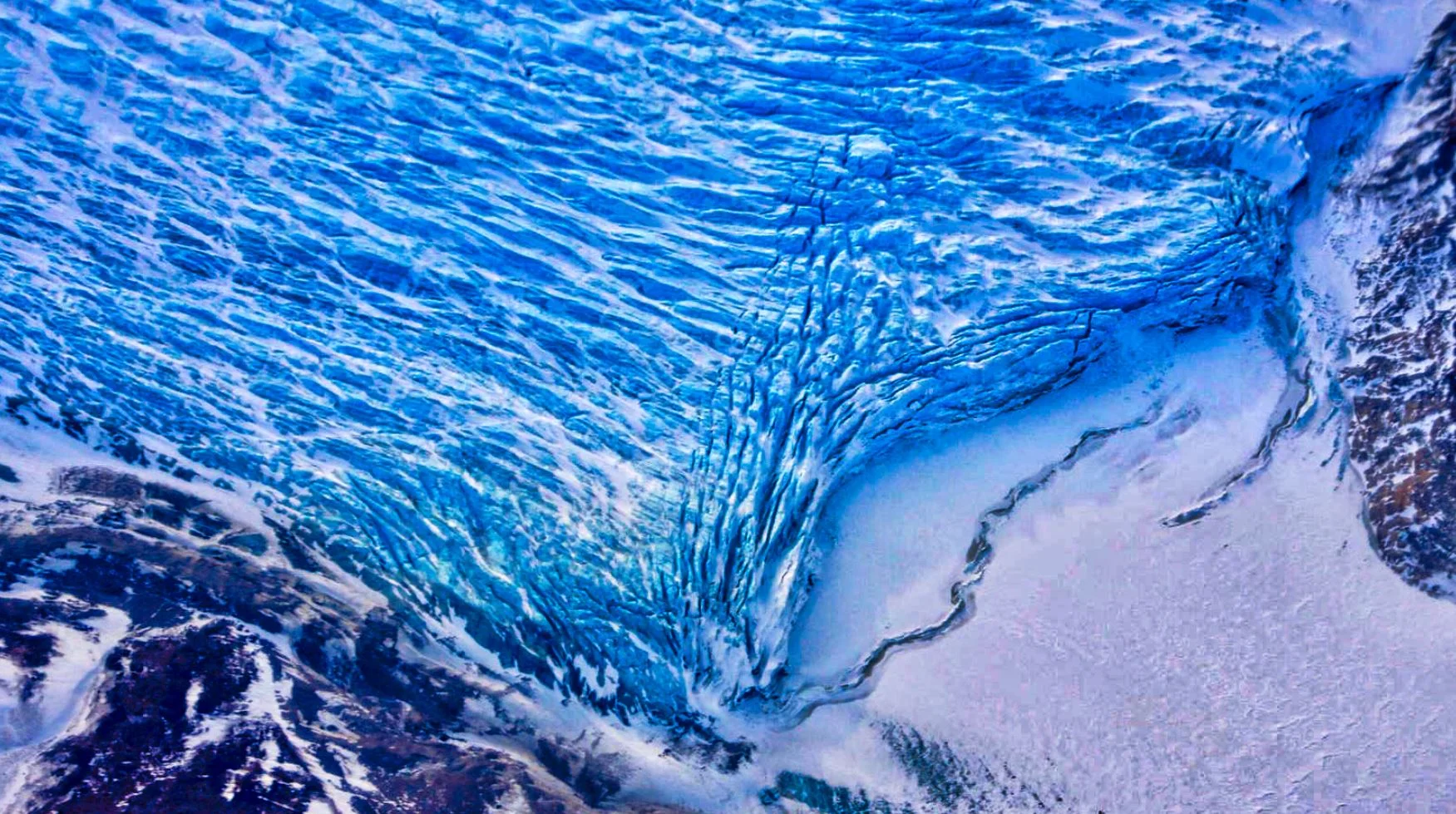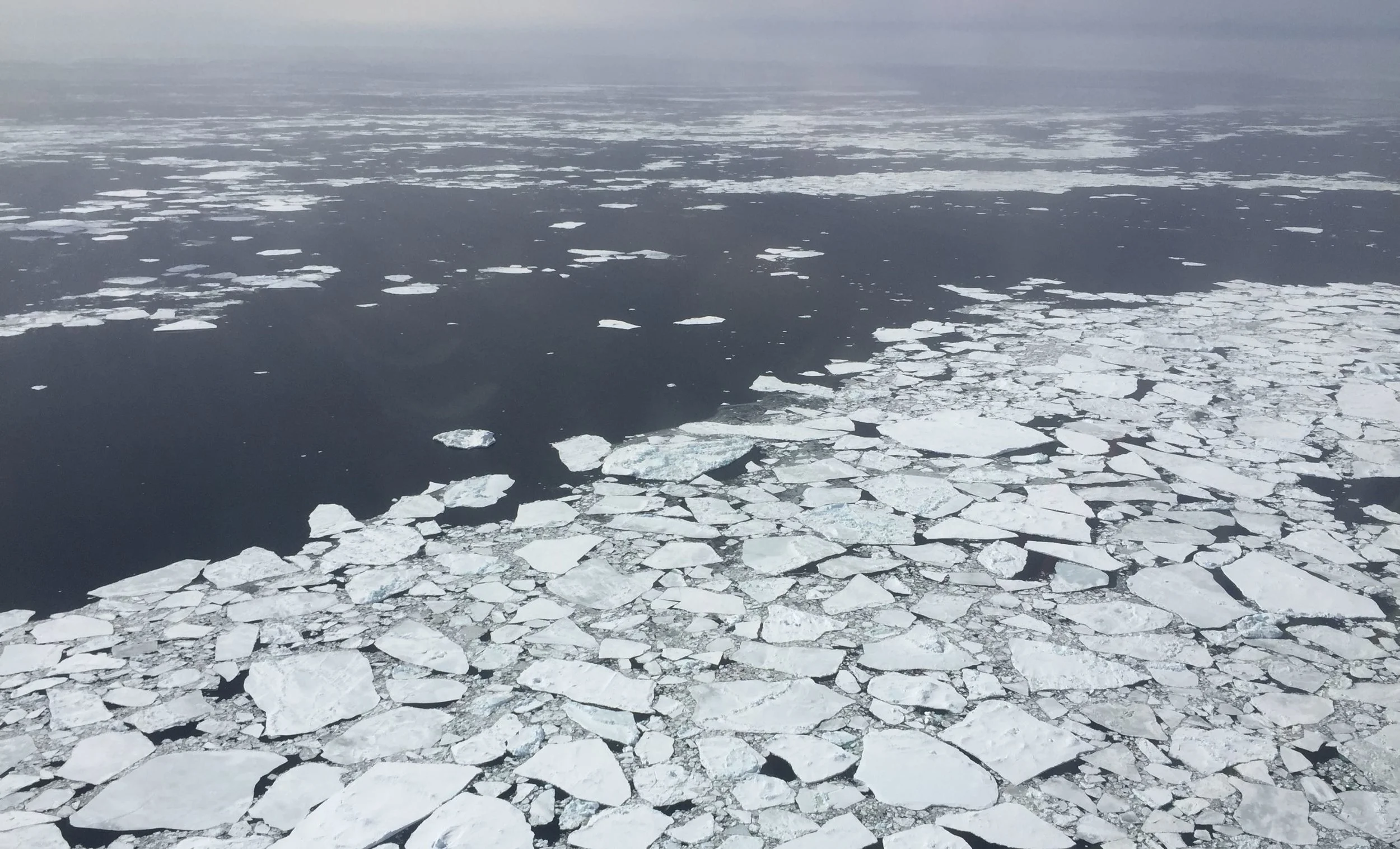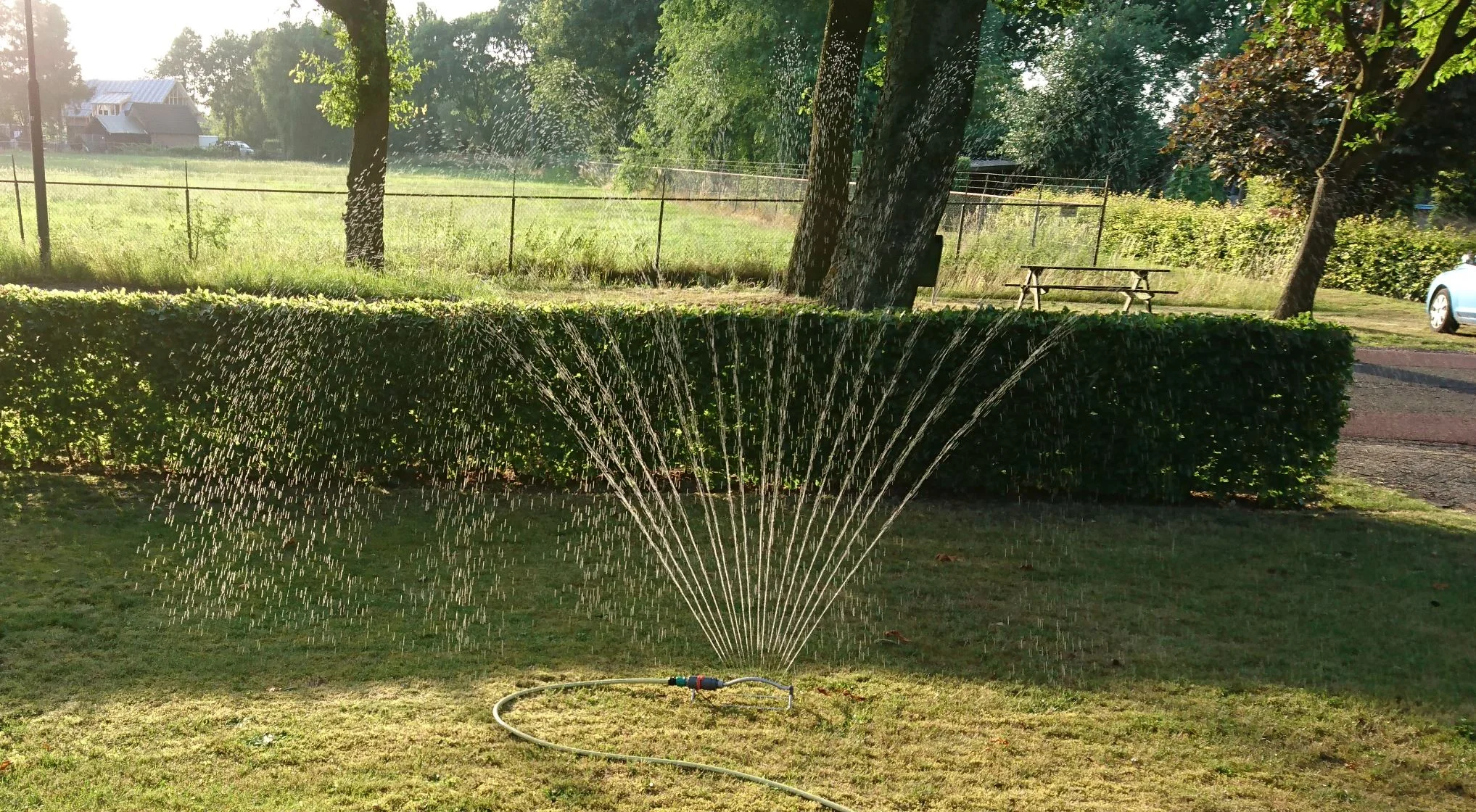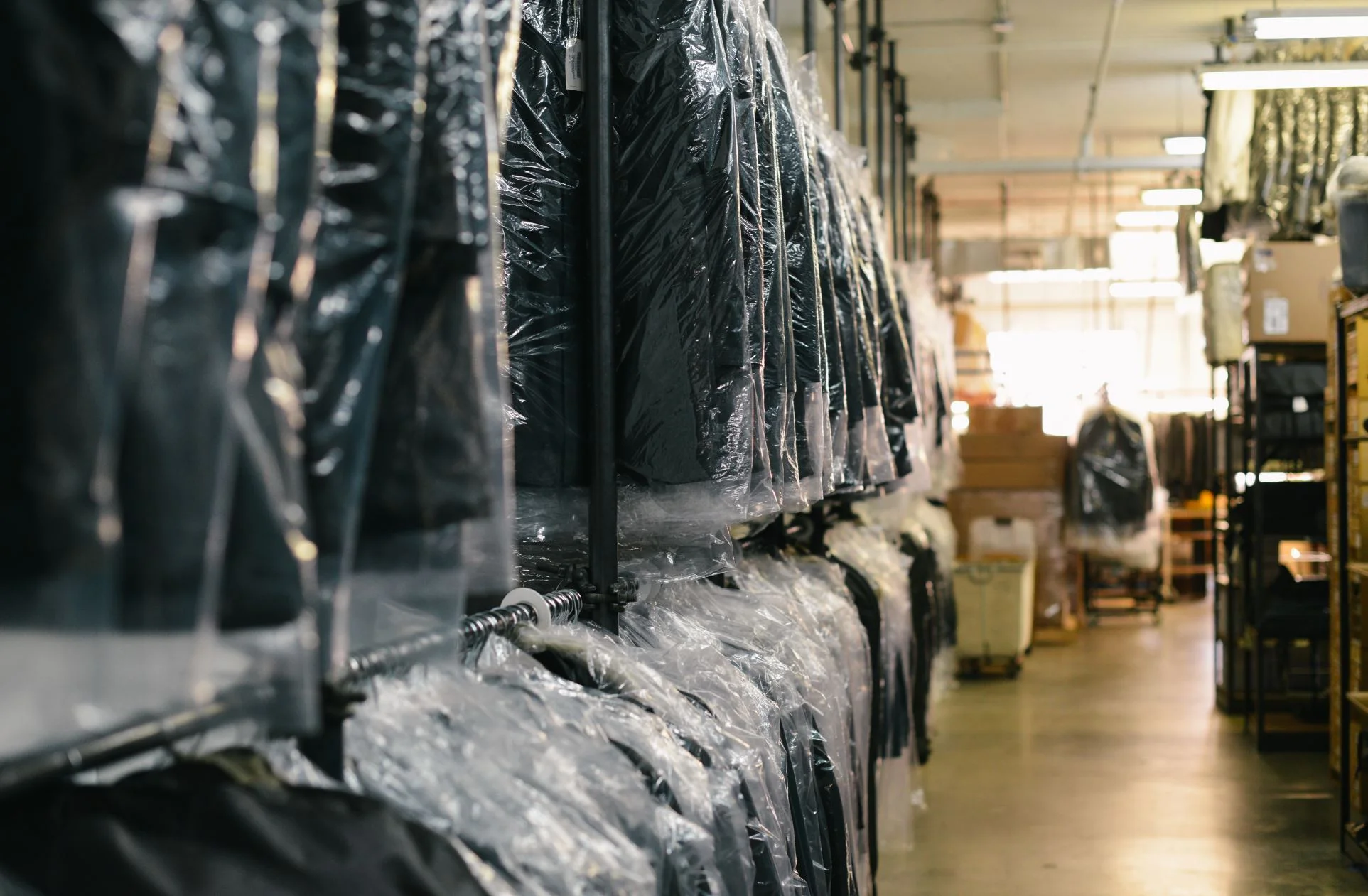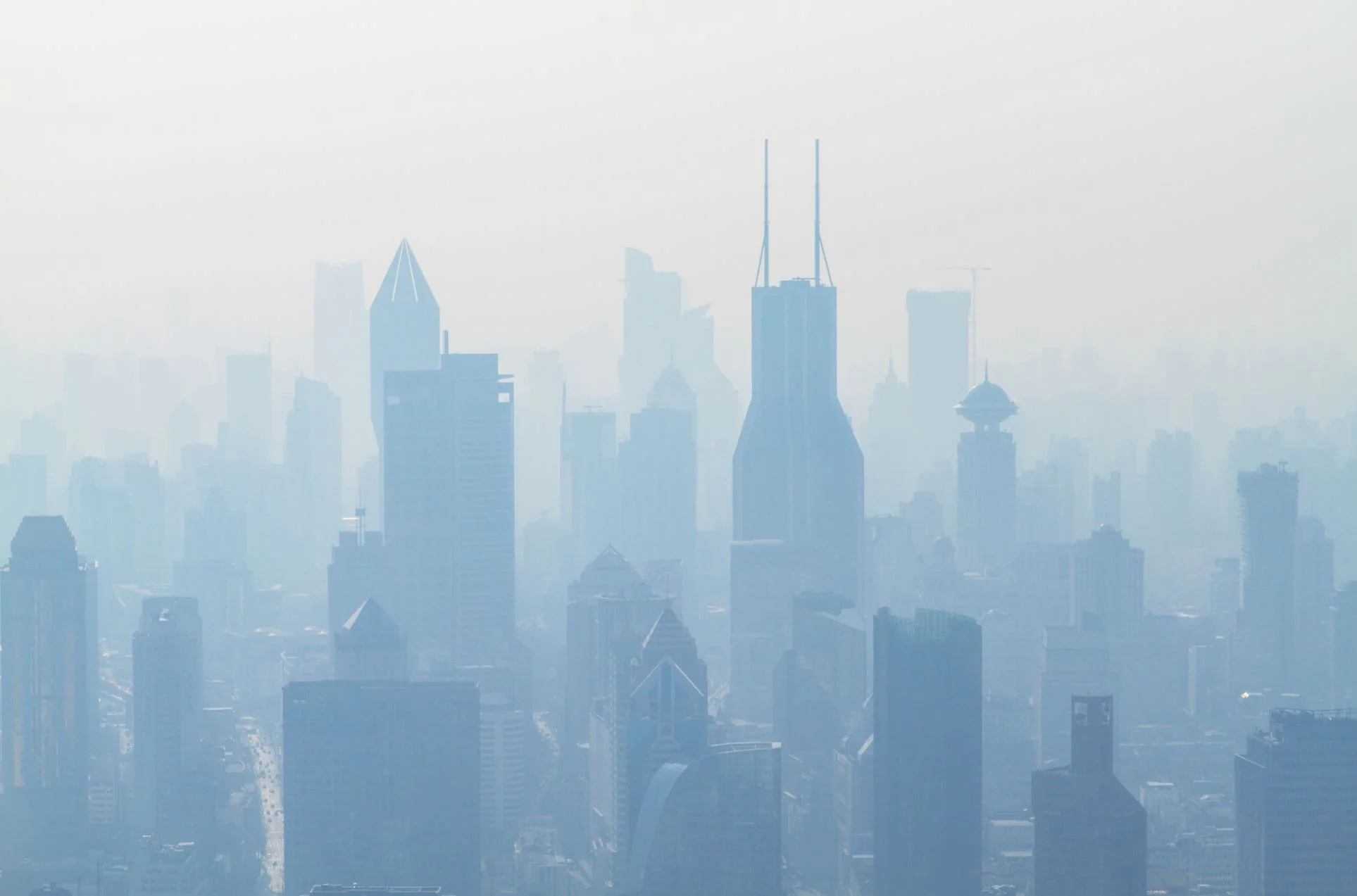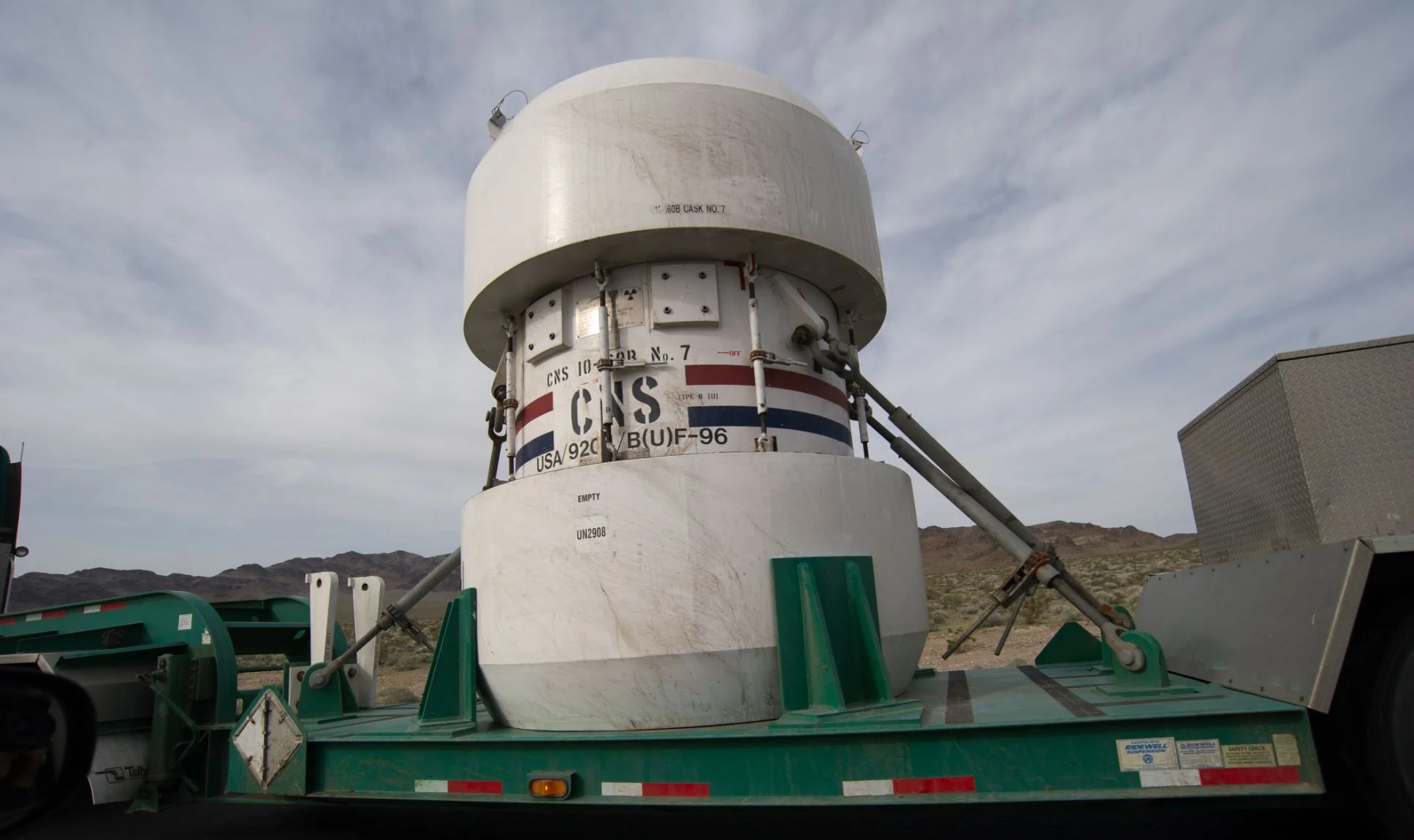Jupiter: a massive, lifeless gas giant out there on the other side of the asteroid belt. It’s a behemoth, containing 2.5 times as much mass as all the other planets combined. To top it off, it’s named after the Roman God of War.
NASA's Greenland Mission Still Surprises in Year Four
Only seven months after NASA's Oceans Melting Greenland (OMG) mission wrapped its last field campaign on the world's largest island, an OMG crew is back in Greenland to collect more data. With two or three field projects a year since 2016, no wonder OMG has made the most comprehensive measurements yet of how ocean water lapping at the undersides of Greenland's melting glaciers affects them. All that data has answered a lot of existing questions — and it's raised plenty of new ones.
Study: Much of the surface ocean will shift in color by end of 21st century
Salt doesn’t melt ice – here’s how it actually makes winter streets safe
Huge Cavity in Antarctic Glacier Signals Rapid Decay
A gigantic cavity — two-thirds the area of Manhattan and almost 1,000 feet (300 meters) tall — growing at the bottom of Thwaites Glacier in West Antarctica is one of several disturbing discoveries reported in a new NASA-led study of the disintegrating glacier. The findings highlight the need for detailed observations of Antarctic glaciers' undersides in calculating how fast global sea levels will rise in response to climate change.
Why Antarctica’s sea ice cover is so low (and no, it’s not just about climate change)
Can genetic engineering save disappearing forests?
Environmentally friendlier meat might be possible with the help of duckweed
A teen scientist helped me discover tons of golf balls polluting the ocean
Coffee: 60% of wild species are at risk of extinction due to climate change
Is your morning coffee an espresso or a skinny latte? Is it from a darkly roasted French or Italian blend? If it’s a high quality brew, it’s almost certainly made with beans from the Arabica species (Coffea arabica), which is known for its finer flavours. Examples would be Javan coffees, Ethiopian sidamo, and the expensive Jamaican blue mountain.
How to feed a growing population healthy food without ruining the planet
The global race for groundwater speeds up to feed agriculture’s growing needs
Britain has shifted 30% of its electricity away from fossil fuels in just nine years!
What is ‘green’ dry cleaning? A toxics expert explains
The winter holidays are a busy time for many businesses, including retail stores, grocers, liquor stores – and dry cleaners. People pull out special-occasion clothes made of silk, satin or other fabrics that don’t launder well in soap and water. Then there are all those specialty items, from stained tablecloths to ugly holiday sweaters.
Improved crops can double agricultural production, providing future generation with food and resources
Wageningen University & Research is working on a road-map to future-proof crops as part of EU-project CropBooster-P. Future crop yields will increase with optimal use of water and minerals. In addition to that nutritional value and crop quality are high on the list of targets. To feed a future population of 10 billion people and alleviate climate change these new crops need to eventually double the total world wilde food production. The great news that has been scientifically proven to be possible.
Air pollution may be making us less intelligent
Not only is air pollution bad for our lungs and heart, it turns out it could actually be making us less intelligent, too. A recent study found that in elderly people living in China, long-term exposure to air pollution may hinder cognitive performance (things like our ability to pay attention, to recall past knowledge and generate new information) in verbal and maths tests. As people age, the link between air pollution and their mental decline becomes stronger. The study also found men and less educated people were especially at risk, though the reason why is currently unknown.
80,000 tons of nuclear waste are sitting in limbo
Making Australia a renewable energy exporting superpower
Curious Kids: what would happen if the Earth’s core went cold?
The Earth’s core is cooling down very slowly over time. One day, when the core has completely cooled and become solid, it will have a huge impact on the whole planet. Scientists think that when that happens, Earth might be a bit like Mars, with a very thin atmosphere and no more volcanoes or earthquakes. Then it would be very difficult for life to survive – but that won’t be a problem for several billions of years
No Safety Driver Here—Volvo’s Driverless Truck Cuts the Cab
Each time there’s a headline about driverless trucking technology, another piece is taken out of the old equation. First, an Uber/Otto truck’s safety driver went hands-off once the truck reached the highway (and said truck successfully delivered its valuable cargo of 50,000 beers). Then, Starsky Robotics announced its trucks would start making autonomous deliveries without a human in the vehicle at all.


